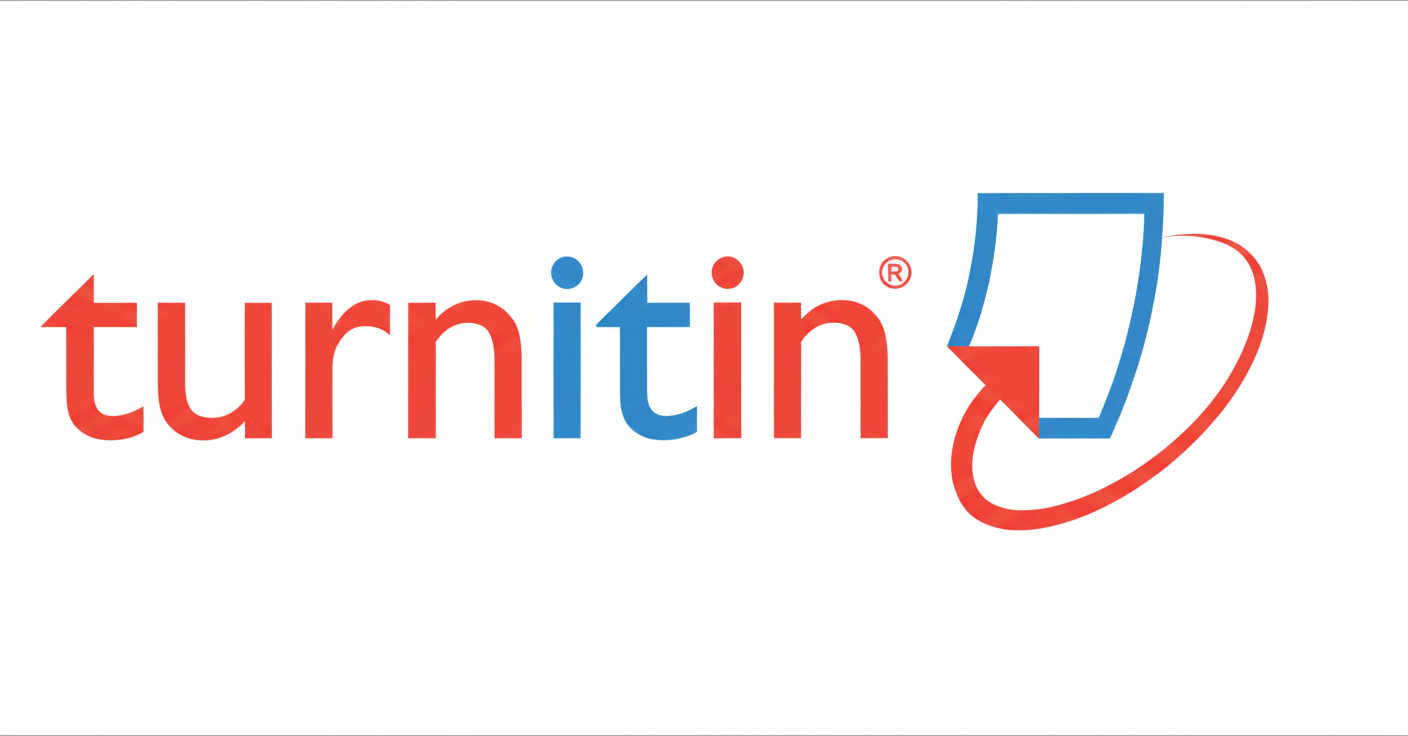Analisis Efektivitas Kebijakan Tax Relaxation dalam Mengatasi Masalah Penurunan Tingkat Partisipasi Pajak Pada Sektor Pariwisata Selama Covid-19 Di Indonesia
DOI:
https://doi.org/10.33701/jiapd.v12i2.1355Abstract
The Indonesian government in overcoming the increasingly widespread spread of Covid-19 by issuing a Large-Scale Social Restriction (PSBB) policy. The purpose of this study was to determine the effectiveness of the tax relaxation policy in overcoming the problem of reducing tax participation rates in the tourism sector in Indonesia during Covid-19. The research method used is the model-building method with a descriptive approach. The results of this study of tax easing can be successful in improving the economic situation in a country. The Covid-19 pandemic can enable the Indonesian government to learn to act decisively in making decisions. Taxation efforts that can be made to overcome the decrease in the tax participation rate of the tourism sector in Indonesia during Covid-19 can be done by 1) Improving the tax administration system such as updating databases, monitoring, monitoring and reporting, 2) In planning and handling, predicting tax targets and other regional revenues should not only be based on the prior year of realization, but must also consider the real potential, average growth, economic conditions, as well as political and social conditions, 3) In order to optimize regional revenue it is quite valuable for policy makers to consider priorities for increasing efforts intensification rather than increasing extension efforts in the field of tax collection systems, 4) Implementing rewards and punishments to create tax compliance for taxpayers and administrators and 5) Allocation and distribution of tax funds must be clear and transparent so that it can convince the public t to stimulate their awareness and obedience.





